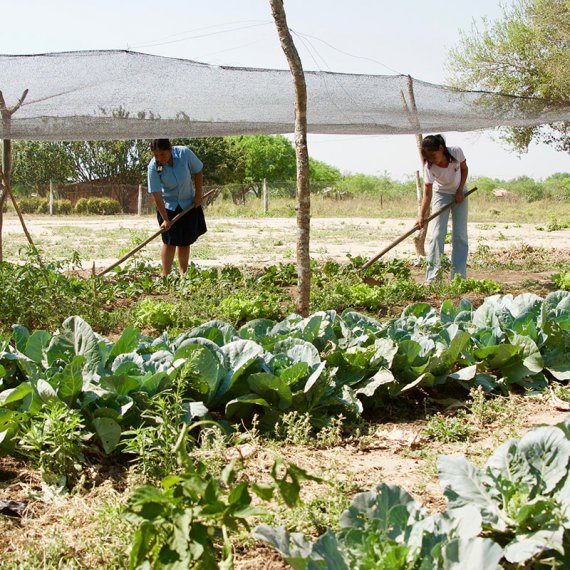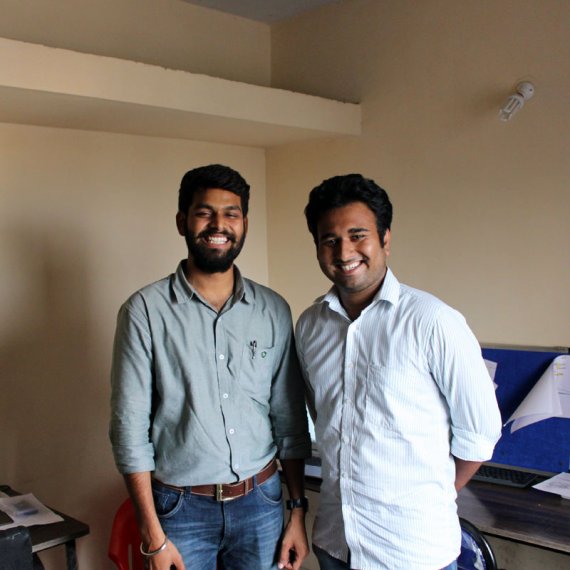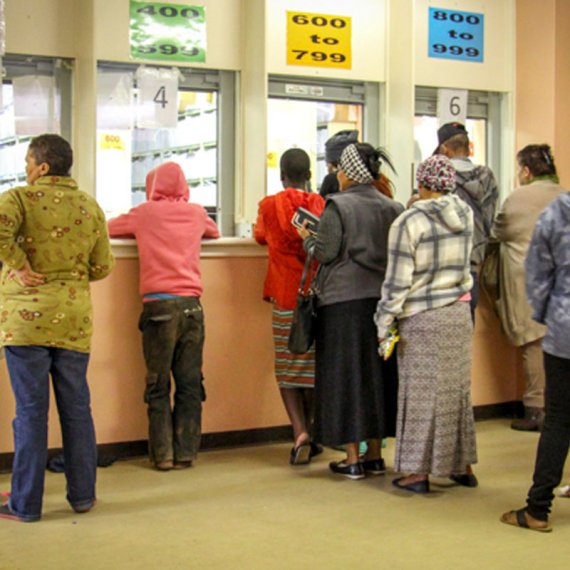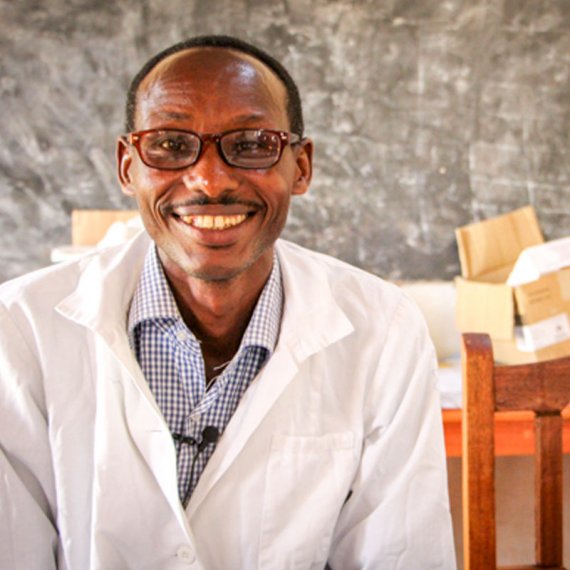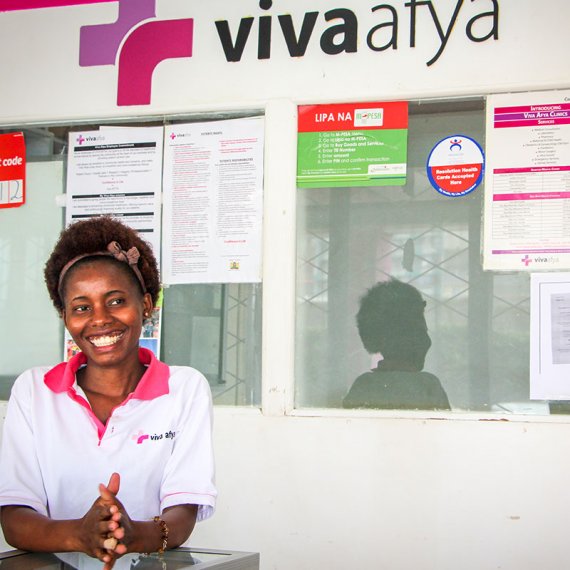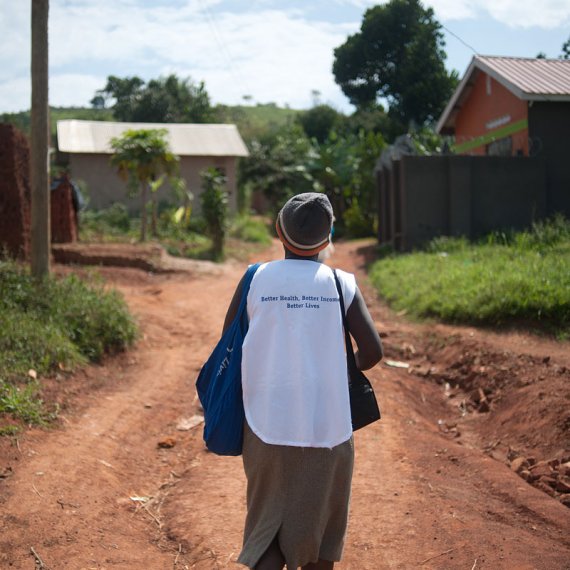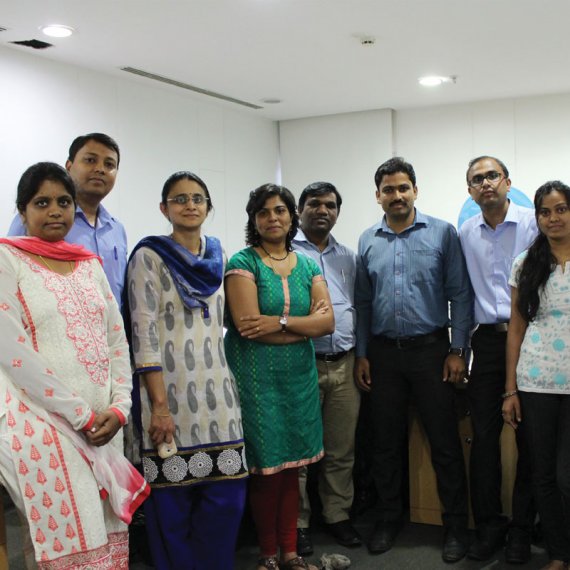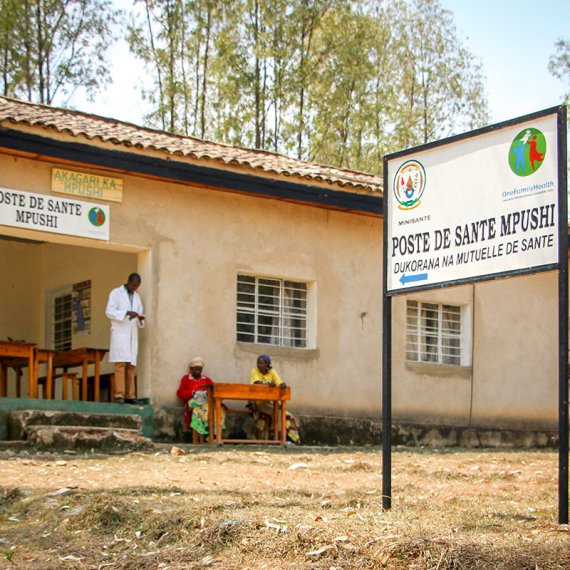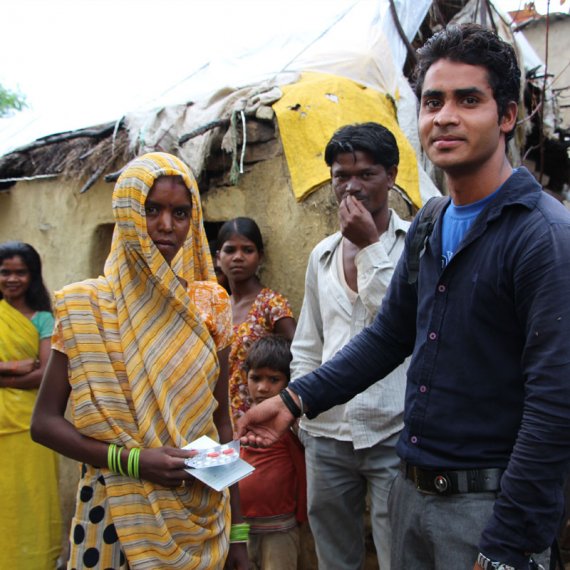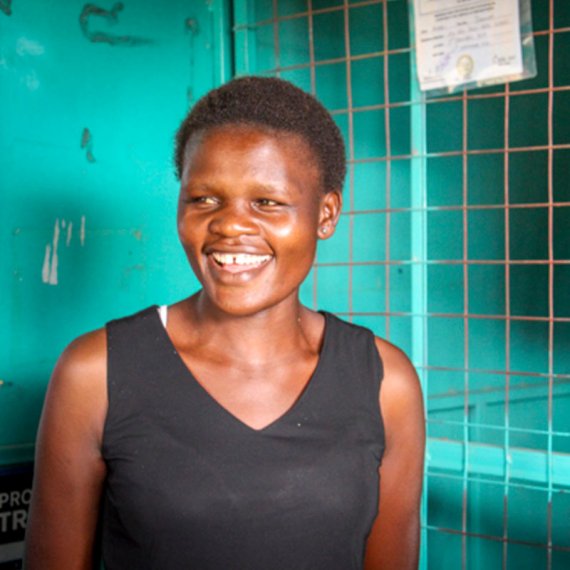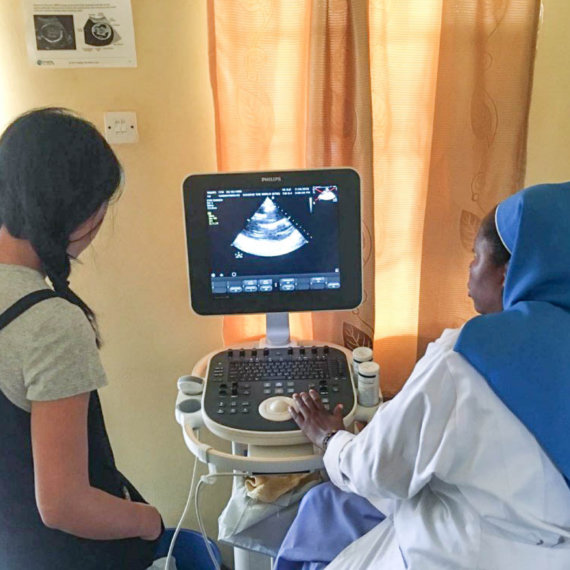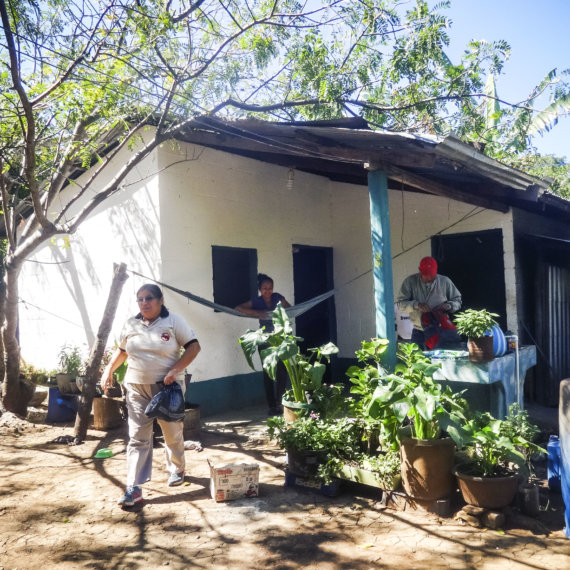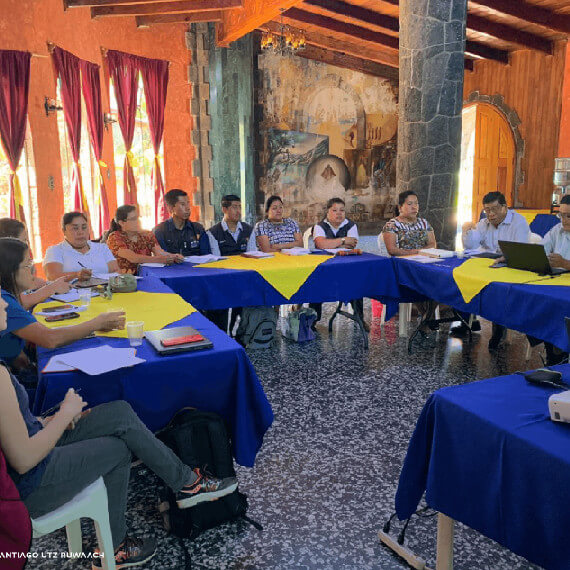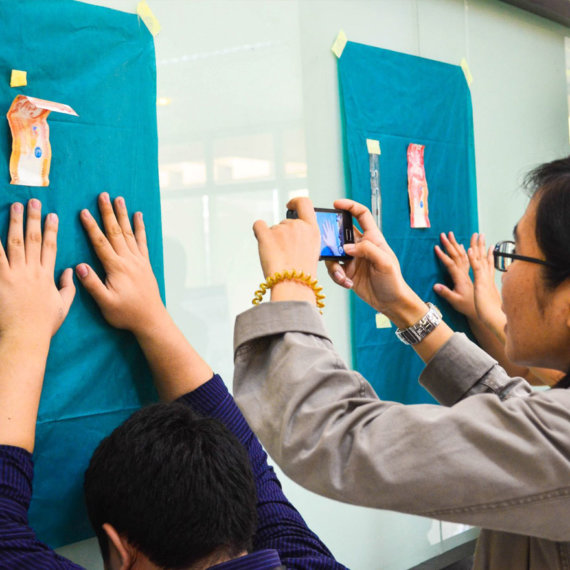KHETH’IMPILO PHARMACIST ASSISTANT TRAINING PROGRAMME
A training programme that equips members of marginalised low-income communities to become professional, active contributors in enhancing the efficiency of pharmacy services, increasing access to antiretroviral treatment, and strengthening the human resource capacity of the public health care system.
CONTINENT
Africa

Country
South Africa
Organizational structure
Nongovernmental, non-profit organization
Health focus
Primary health care, HIV
Areas of interest
Alternate care providers
Health system focus
Health workforce
CHALLENGE
South Africa has one of the highest prevalence rates of HIV/AIDS in the world at nearly 19% amongst adults aged 15 to 49 (Joint United Nations Programme on HIV and AIDS, 2014). Although South Africa has made progress in stemming the HIV/AIDS epidemic through rapid expansion of antiretroviral therapy (ART) programmes (World Bank, 2015b), gaps in human resources for health represent a problem for ensuring sufficient capacity, revitalizing primary care and supporting integration of specific treatment programmes into the health system (George et al., 2012).

“The value of the programme can be measured in statistics and currency but the real value is observing the growth and inspiration that comes from achieving a goal that you never thought was possible. I am humbled and inspired daily by my learners.”
– Jacqui Ramage, Designated Supervisory Pharmacist, Kheth’Impilo)

INTERVENTION
Kheth’Impilo’s mission is to support the National and Provincial Departments of Health in South Africa to achieve scale-up of quality services for the management of HIV/AIDS at the primary health care level. Over the past decade, Kheth’Impilo has developed a range of training programmes in support of this cause, including the Pharmacist Assistant Training Programme. The progamme equips members of marginalized, low-income communities to become professional, active contributors in enhancing the efficiency of pharmacy services, increasing access to antiretroviral therapy (ART), and strengthening the human resource capacity of the public health care system.
“We are doing something that is very transformative. I think it is going to have a significant impact. We are talking about extending access to over a million people who literally have no access to medical care… People will come up and say, ‘I’ve never seen a health worker in my whole life’. To me, that’s amazing that you can bring health care to a place that never had it before.”
– Qualified Post-Basic Pharmacist Assistant, Ikweze Clinic
The programme recruits and trains predominantly previously unemployed community members to become pharmacist assistants. One day per week learners attend class at Kheth’Impilo. For the remaining four days of the week they work in a designated pharmacy in a government facility. This helps learners gain valuable practical experience while simultaneously increasing the facility’s capacity and quality of care. Learners perform a wide array of clinical activities, ranging from dispensation of ART to counselling patients. Kheth’Impilo encourages its instructors to adopt a holistic approach to the training in order to provide not only technical instruction, but also mentorship and counselling on issues outside the classroom to develop learners’ capacity for critical thinking. In addition, Kheth’Impilo supports its learners with a living stipend of R 2 000 (US$ 160) per month during their training.
Since it was launched in 2010, 310 pharmacist assistants have been trained across five provinces in South Africa and a further 200 are in training. Over 95% of these have been employed in the public sector.


CASE INSIGHTS
This case study shows how health worker shortages in public facilities can be overcome by creating a support-assistant cadre of staff (e.g. pharmacist assistants). Support assistants work alongside higher-qualified health staff in performing select, basic tasks, thus freeing up the higher-qualified health workers to dedicate their time and expertise where it is most needed. This enhances the overall efficiency of health care service delivery. Beyond the improved efficiency in service delivery, broader public value is also gained by increasing employment and promoting economic empowerment in low-income areas.
“I think if one is true to oneself and give yourself space and time to just ask the questions as to what else is needed? And how do we do this? What is it that we can do? And you find the solutions and you go for it. And you mustn’t give up faith and trust in that intervention, especially when people are benefitting from it. It’s one of these universal laws that if we look after other people well and as best as we can with integrity and honesty, you are on the right track. The possibilities that open when you are doing this, it’s like amazing. So you always know that, one thing I’ve learnt is that there will always be space to be innovative, when it comes to helping other people and that in itself is immensely rewarding.”
– Dr Ashraf Grimwood, Founder and CEO, Kheth’Impilo




